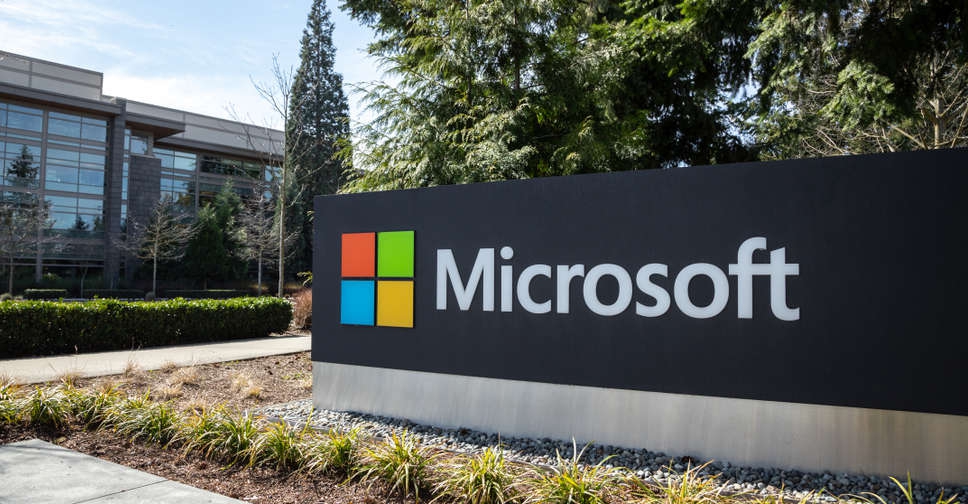
Microsoft has announced a multi-year, multi-billion dollar investment in its long-term partnership with OpenAI to accelerate breakthroughs in artificial intelligence (AI) and ensure these benefits are widely shared.
This is the third phase of the partnership, following investments in 2019 and 2021.
The agreement extends their ongoing collaboration across AI supercomputing and research, and allows each company to independently commercialise advanced AI technologies.
As part of the new phase, Microsoft will increase investments in the development and deployment of specialised supercomputing systems to accelerate OpenAI's independent AI research.
The company will also continue to expand Azure's AI infrastructure to help customers build and deploy their AI applications on a global scale.
Additionally, Microsoft will deploy OpenAI's models across its consumer and enterprise products and introduce new categories of digital experiences built on OpenAI's technology, including the Azure OpenAI Service.
Azure will also serve as OpenAI's exclusive cloud provider, powering all OpenAI workloads across research, products and API services.
"We formed our partnership with OpenAI around a shared ambition to responsibly advance cutting-edge AI research and democratize AI as a new technology platform," said Satya Nadella, Chairman and CEO of Microsoft. "In this next phase of our partnership, developers and organisations across industries will have access to the best AI infrastructure, models, and toolchain with Azure to build and run their applications."
Sam Altman, CEO of OpenAI, added that the "past three years of our partnership have been great. Microsoft shares our values and we are excited to continue our independent research and work toward creating advanced AI that benefits everyone."
Since 2016, Microsoft has aimed to build Azure into an AI supercomputer for the world, with the goal of democratizing AI as a platform. Through their initial investment and collaboration, Microsoft and OpenAI have pushed the frontier of cloud supercomputing technology, announcing their first top-5 supercomputer in 2020 and subsequently constructing multiple AI supercomputing systems at massive scale.
OpenAI has used this infrastructure to train its breakthrough models, which are now deployed in Azure to power AI products such as GitHub Copilot, DALL·E 2 and ChatGPT.
Both companies say they are committed to building AI systems and products that are trustworthy and safe. OpenAI's leading research on AI Alignment and Microsoft's Responsible AI Standard establishes a framework for the safe deployment of their own AI technologies and will help guide the industry toward more responsible outcomes.


 Nasdaq set to confirm bear market as Trump tariffs trigger recession fears
Nasdaq set to confirm bear market as Trump tariffs trigger recession fears
 Dana Gas and Crescent Petroleum exceed 500M boe in Khor Mor field
Dana Gas and Crescent Petroleum exceed 500M boe in Khor Mor field
 China to impose tariffs of 34% on all US goods
China to impose tariffs of 34% on all US goods
 Shares bruised, dollar crumbles as Trump tariffs stir recession fears
Shares bruised, dollar crumbles as Trump tariffs stir recession fears
 Wall Street futures sink as tariffs fuel recession fears
Wall Street futures sink as tariffs fuel recession fears




